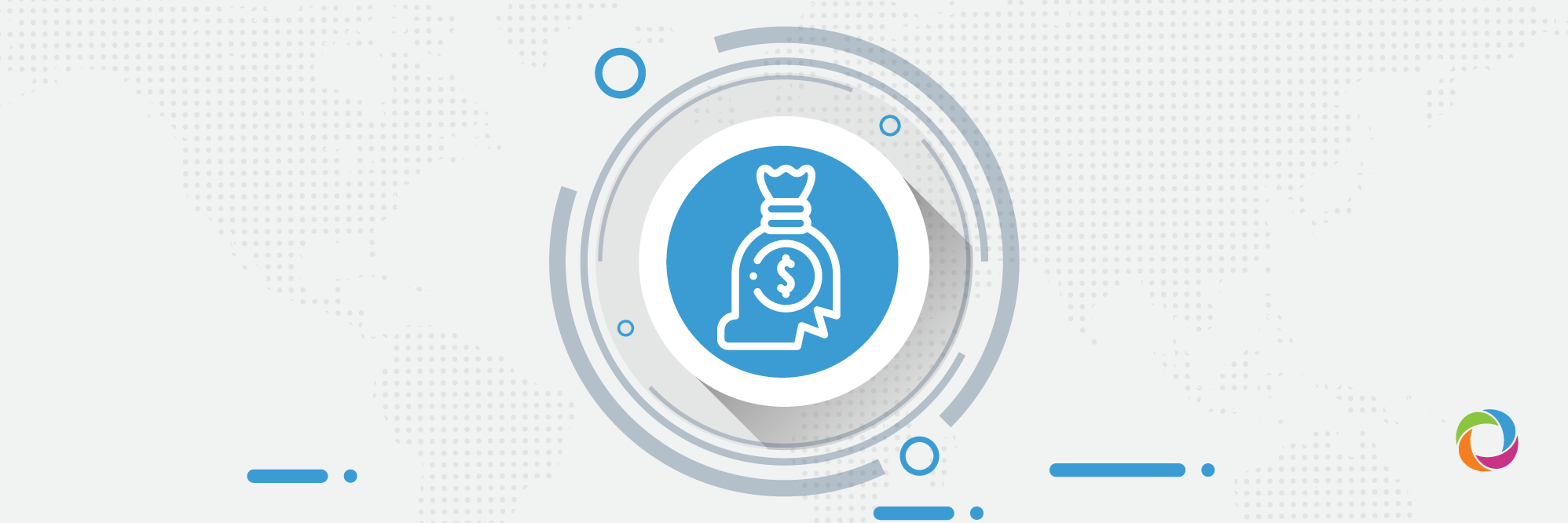As the global COVID-19 outbreak fails to diminish, the economic crisis is becoming deeper with the levels of poverty, malnutrition, and hunger dramatically growing. This is why representatives from 11 aid organizations have called upon the G20 countries to make more financial effort to address the forthcoming challenges.
According to the World Bank, about 150 million people around the world are likely to be affected by extreme poverty by the end of 2021 while the International Rescue Committee estimated in June that as many as 54 million people will suffer because of famine. However, it has now transpired that this figure may be as high as 91 million based on the global GDP forecast calculated in October 2020.
The most vulnerable are those living in countries facing ongoing hostilities or those who have been displaced as a result of humanitarian or military conflict. One of the signatories, the Norwegian Refugee Council, carried out research in 14 states affected by the crisis and discovered that 77% of the interviewees declared they had either lost their job or income due to the outbreak, while 73% admitted they had been forced to reduce the number of meals they had.
Recently, the World Food Programme also announced that the populations of four further countries may soon experience hunger.
“We are seeing spiraling levels of poverty and hunger among refugees and conflict-affected people. Hundreds of thousands still risk being kicked out of their homes, and millions are skipping meals and dropping out of school. The economic impacts of COVID-19 are having a devastating effect on the world’s most vulnerable. G20 leaders have the opportunity and means to address this growing crisis. They must take it,” said Jan Egeland, Secretary-General of the Norwegian Refugee Council.
Representatives from 11 aid organizations have demanded that the G20 richest and emerging economies revise the G20 COVID-19 action plan in order to address those communities living in conflict zones and who are vulnerable to food insecurity and malnutrition. They require the expansion of inclusive social protection in countries affected by hostilities and for action to be coordinated with entities responsible for providing funding such as international development banks in order to reach the most vulnerable. Furthermore, development aid activists want G20 countries to commit to fully finance the UN’s COVID-19 Global Humanitarian Response Plan for 2020 and 2021. They claim that the fund must be flexible enough to effectively and urgently deal with the crisis whenever and wherever the money is needed.
Unfortunately, the G20 countries have currently only met 38% of the total amount they committed to pay within the framework of the UN’s COVID-19 Global Humanitarian Response Plan for 2020. The World Bank has appealed for more effort to be made to meet that amount while aid agencies have no doubt that G20 countries have the ability to help those in need.
The appeal was signed by Action Against Hunger UK, Care International UK, Christian Aid, Federation Handicap International – Humanity & Inclusion, HelpAge, International Mercy Corps, International Rescue Committee, Norwegian Refugee Council, Oxfam GB, Save the Children and Start Network.
G20 is an international forum of governments. Its members, ten rich and 10 emergent economies, account for 85% of the world economy, 75% of global trade, and two-thirds of the world’s population, including more than half of the world’s poor.

